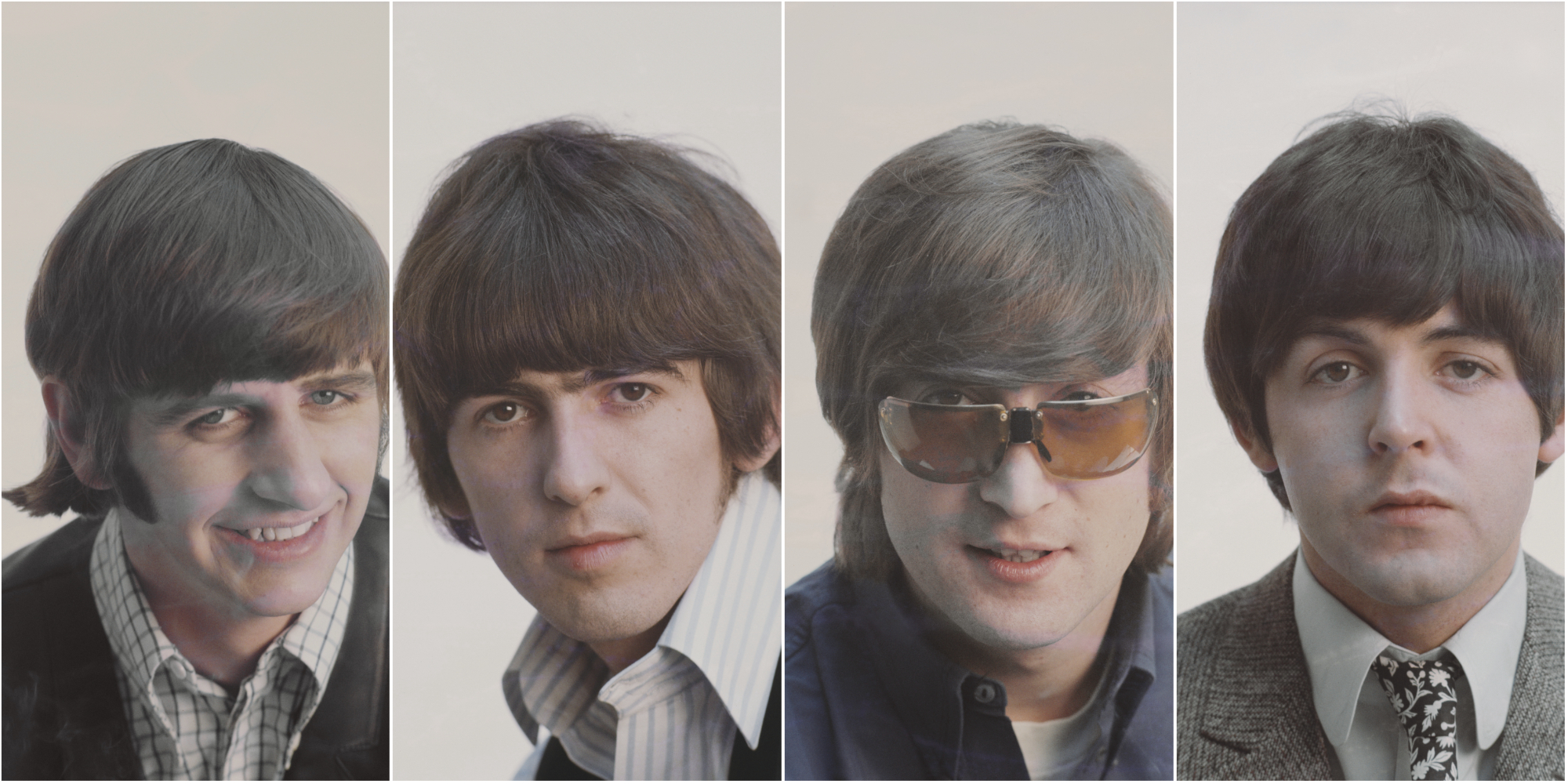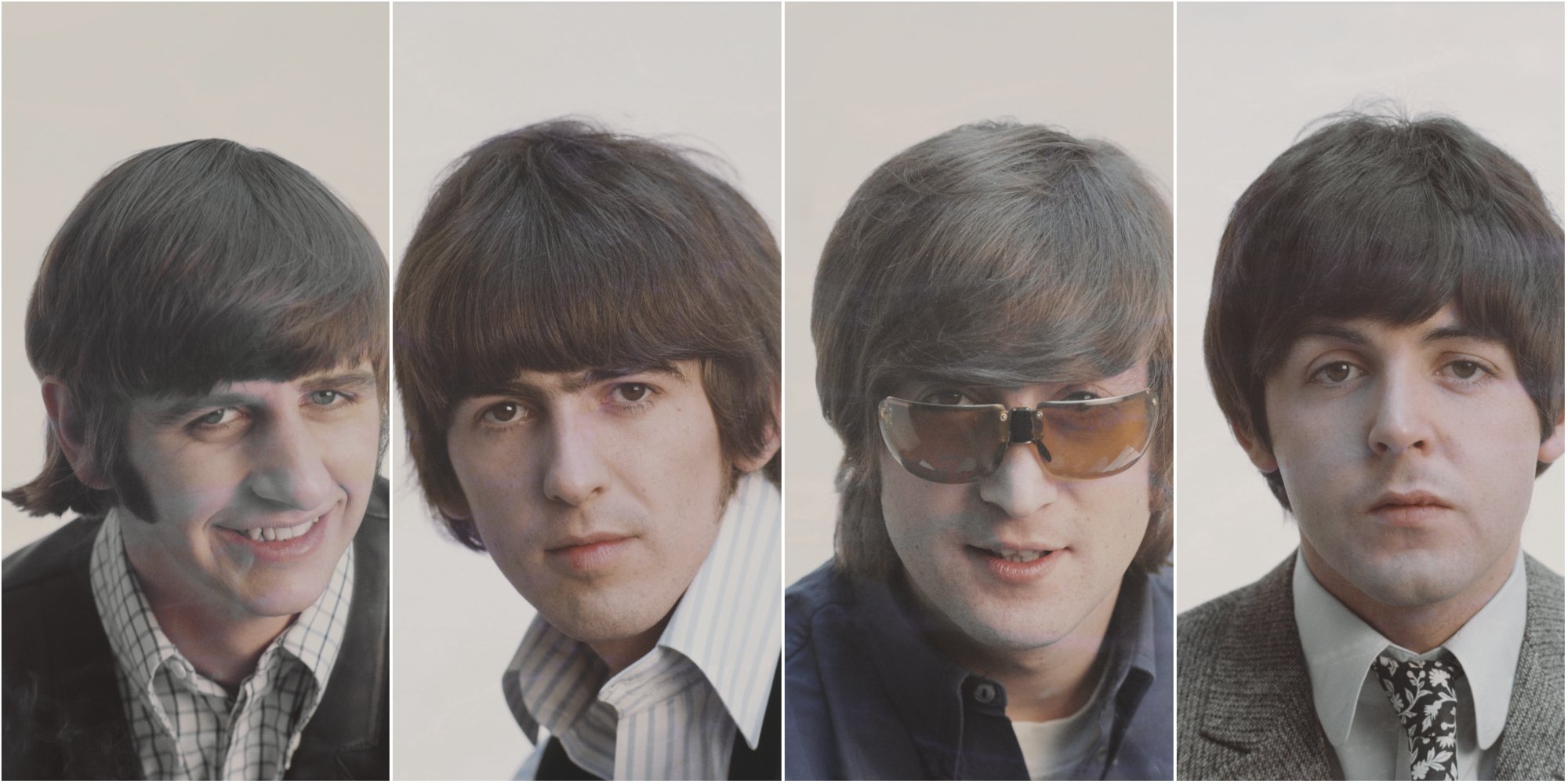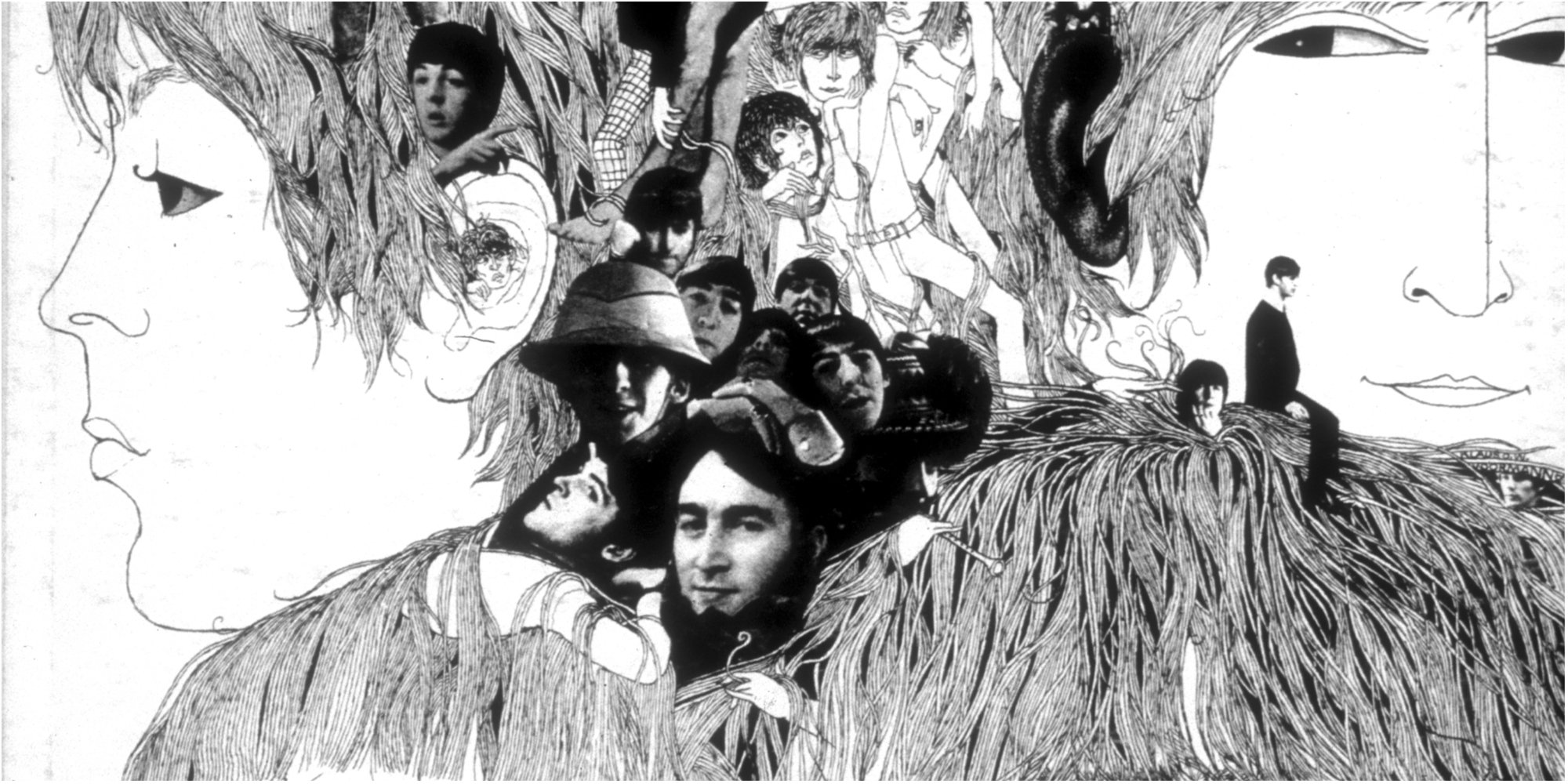
The Beatles Hid the Words to a Classic French Nursery Rhyme in ‘Paperback Writer’
The Beatles regularly found ways to hide interesting sounds, instruments, and phrases in some of their most iconic songs. However, there were many circumstances when fans didn’t realize the depths of surprises within these tunes. This included a classic French nursery rhyme hidden within the song “Paperback Writer” with backing vocals by John Lennon and George Harrison and lead vocals by Paul McCartney.

The Beatles constantly evolved as writers and musicians
Lennon, Harrison, McCartney, and Ringo Starr pushed themselves as musicians and songwriters, setting trends followed today and evolving into musicians stretching the boundaries of popular music,
With the help of producer George Martin, Lennon, McCartney, Harrison, and Starr used their vast knowledge of music styles to push industry confines.
Some of the Beatles’ greatest innovations did not happen on the stage but in the studio. Ideas and techniques that became commonplace in the recording industry were either invented or advanced by the Fab Four during that progressive time period.
A classic nursery rhyme hidden within The Beatles ‘Paperback Writer’
“The Beatles were always looking for new sounds, always looking to a new horizon and it was a continual but happy strain to try and provide new things for them.” – George Martin pic.twitter.com/nok0U7Un06
— The Beatles (@thebeatles) July 27, 2022
The band’s Revolver album was considered one of their finest works as a music group. After several years where the group wrote songs about love and relationships, Revolver turned the page toward a new era.
In the second half of the 1960s, The Beatles’ interest in Indian teachings and spiritual enlightenment heightened. In fact, “Norwegian Wood (This Bird Has Flown)” was notable for its inclusion of sitar courtesy of Harrison. It marked one of the earliest examples of Indian instrumentation in western music.
Considered by many as The Beatles’ finest album, Revolver was home to a selection of progressive tracks. “Paperback Writer” is a response to a challenge to McCartney by his Aunt Lil. She asked him to write a song, not about love, reported the book “The Beatles Forever” by Nicholas Schaffner.
Subsequently, in their backing vocals over the third verse, Lennon and Harrison sang the French nursery rhyme “Frère Jacques.” The idea reportedly belonged to McCartney.
“It was Paul’s idea that John and George should rekindle childhood memories with this unusual backing vocal,” says the book “The Beatles Recording Sessions.”
However, “You can’t hear the words,” George Martin explains, “because they are so soft.”
The Beatles ‘Paperback Writer’ was ‘Revolver’s’ first single

Revolver was the seventh album of The Beatles’ catalog of work. It was also the band’s final recording project before their retirement as live performers. The album also marked their most overt use of studio technology per Beatlesbooks.com.
The song subsequently had markings of a classic pop hit. However, the lyrical content differed from the band’s music before that era.
Revolver is the album that changed how artists would forever produce music, as reported by Louder Sound. After its release, the industry’s focus shifted from singles to albums. Revolver‘s cohesive collection of songs changed the way a listener heard popular music,
“At this point in their career, there was very little external pressure on them,” Apple Records director Tony Bramwell said per Louder Sound. “EMI had all but given up trying to make them do things, and [Beatles manager] Brian Epstein never interfered in that way.”


